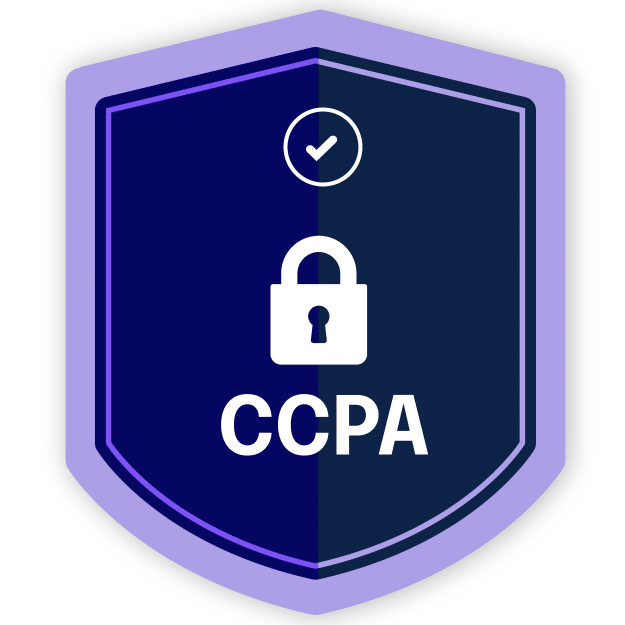
The Ultimate Guide to
California Consumer Privacy Act (CCPA)
What Is California Consumer Privacy Act (CCPA)
The Consumer Consumer Privacy Act (CCPA) is a wide-ranging privacy law that went into effect on January 1st, 2020. It regulates how businesses collect, use, and disclose just about any kind of information that relates to an individual. It covers any business that earns $25 million in revenue per year overall, or sells 50,000 consumer records per year, or derives 50% of its annual revenue from selling personal information.
The CCPA requires businesses to implement new policies and procedures to ensure the protection of personal information for Californian residents. What’s more, the law expands what’s considered “personal information” and includes data elements not previously considered personal information under any U.S. law. It also gives California residents some new rights to make data requests to businesses that handle their data.
Businesses that fail to comply with the CCPA can incur fines and face private right of actions from individuals. Even if your business does not deal with California residents, other states are implementing similar privacy laws and you can expect more in the future. Complying with CCPA’s core principles of meaningful transparency and choice will set your organization on the right track for the future of U.S. privacy regulation.
Navigating the Path to Compliance
For organizations just beginning their journey, establishing a robust CCPA data compliance program is the first step toward long-term consumer trust. This requires more than just updating a privacy policy; it involves building a repeatable CCPA compliance framework that can scale as your data volumes grow. By adopting a structured CCPA framework, you can ensure that every consumer request is handled within the state-mandated 45-day window while minimizing the risk of costly civil penalties.
CCPA: Frequently Asked Questions
Hyperproof for CCPA Compliance
Hyperproof Helps you Comply With the CCPA Step-by-Step

Ready to see
Hyperproof in action?









